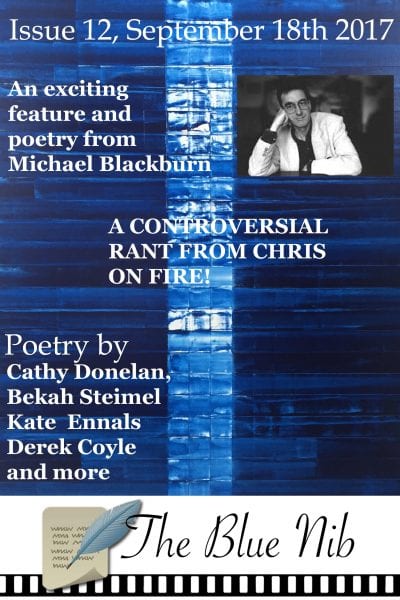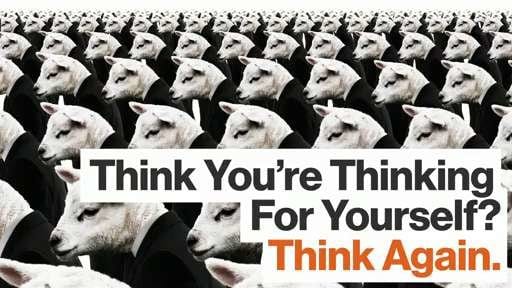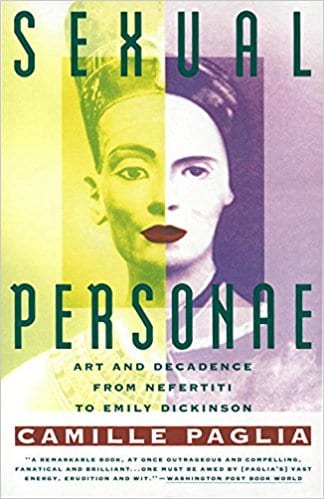“Dr. Camille Paglia is a well-known American intellectual and social critic. She has been a professor at the University of the Arts in Philadelphia, Pennsylvania (where this discussion took place) since 1984. She is the author of seven books focusing on literature, visual art, music, and film history, among other topics. The most well-known of these is Sexual Personae (http://amzn.to/2xVGEEV), an expansion of her highly original doctoral thesis at Yale. The newest, Free Women, Free Men: Sex, Gender, Feminism, was published by Pantheon Books in March 2017 (http://amzn.to/2hGycTG).
Dr. Paglia has been warning about the decline and corruption of the modern humanities for decades, and she is a serious critic of the postmodern ethos that currently dominates much of academia. Although she is a committed equity feminist, she firmly opposes the victim/oppressor narrative that dominates much of modern American and British feminism.
In this wide-ranging discussion, we cover (among other topics) the pernicious influence of the French intellectuals of the 1970’s on the American academy, the symbolic utility of religious tradition, the tendency toward intellectual conformity and linguistic camouflage among university careerists, the under-utilization of Carl Jung and his student, Erich Neumann, in literary criticism and the study of the humanities, and the demolition of the traditional roles and identity of men and women in the West.”



